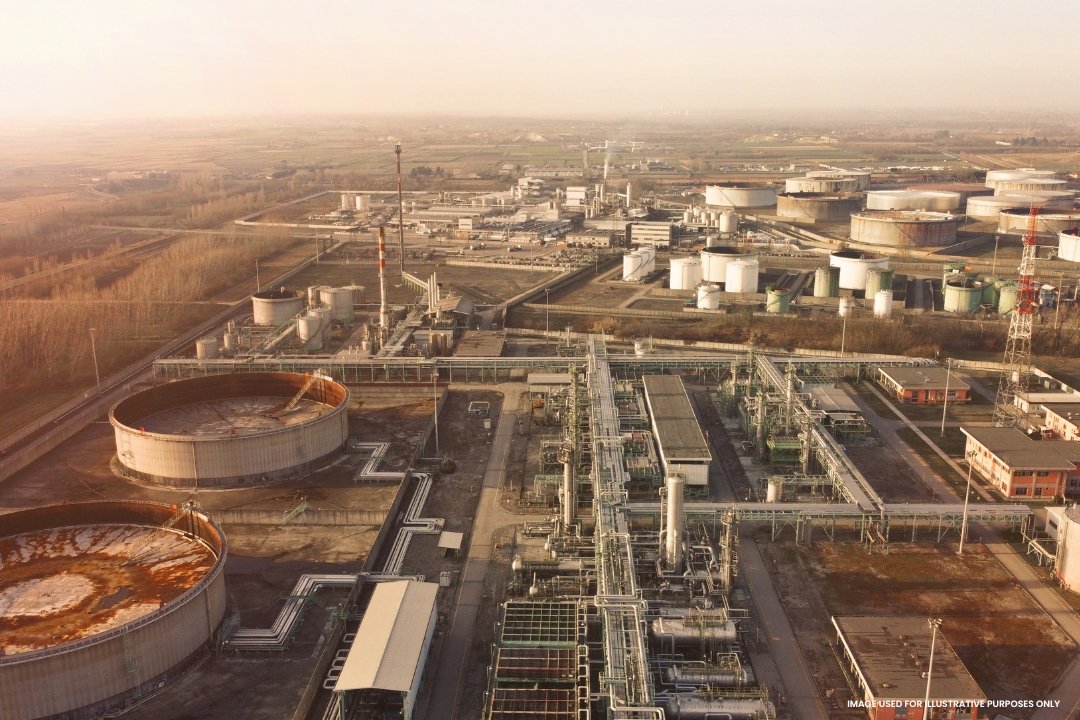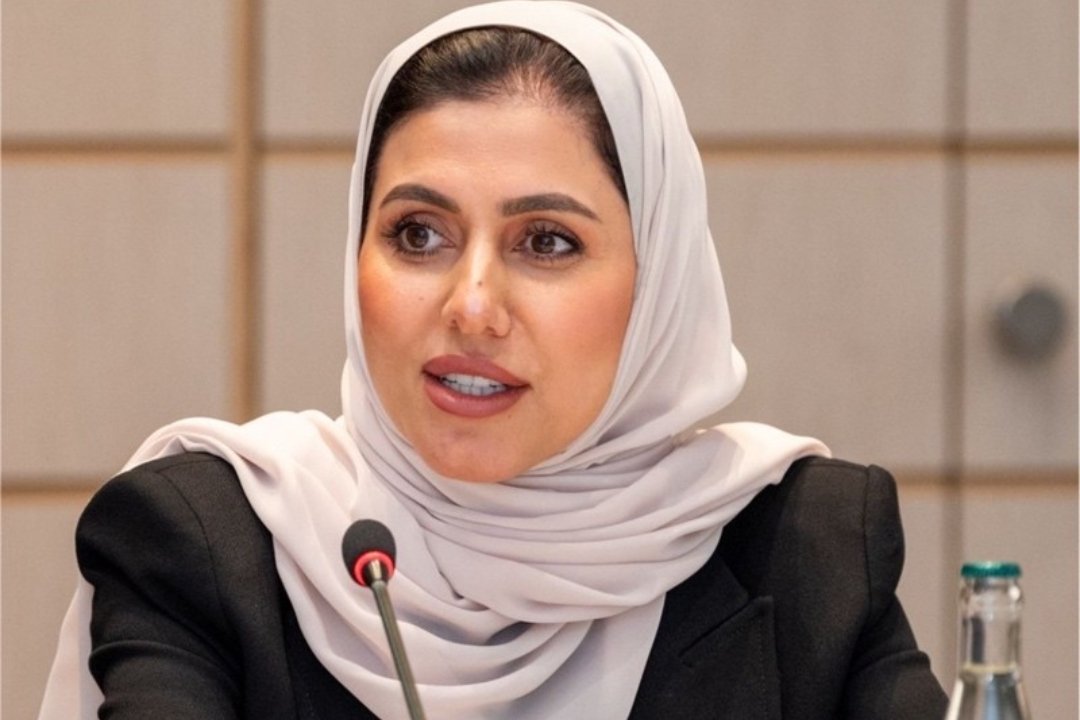
Abu Dhabi is starting to carve out its own space in the financial world, stepping out from Dubai’s shadow as it attracts asset managers and wealthy investors. This shift is helping to solidify the UAE’s position as a viable alternative to established global financial hubs.
Dubai has enjoyed a dominant role in the region for the past two decades, thanks to its appealing mix of low taxes, the application of English common law, and a booming economy. Currently, Dubai ranks 16th in the Global Financial Centres Index, while Abu Dhabi sits at 35th. Both cities lead the Middle East and Africa in this ranking, but their trajectories are starting to diverge.
Abu Dhabi, which holds about 90% of the UAE’s oil reserves, has been working hard to diversify its economy. With nearly $2 trillion managed by its sovereign wealth funds, the emirate is investing in non-oil sectors to spur growth. This push has not gone unnoticed, and the international financial community is increasingly paying attention to the new opportunities arising in Abu Dhabi.
While Dubai still has the upper hand—boasting over 420 wealth and asset management firms at the Dubai International Financial Centre—Abu Dhabi is steadily building its own profile. As of the end of June, there were 112 registered fund firms in Abu Dhabi, highlighting the emirate’s potential as a rising financial center. The emergence of diverse industries and business opportunities further cements Abu Dhabi’s growing importance in the financial landscape.
“It’s completely changed in the past year; there’s been an influx of money managers, hedge funds, alternatives, etc., coming to conferences to raise funds here,” said Ryan Lemand, co-founder and CEO of Abu Dhabi-based fund management and investment advisory firm, Neovision Wealth Management.










